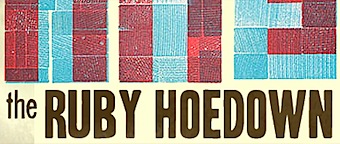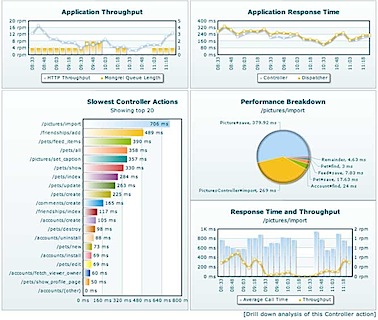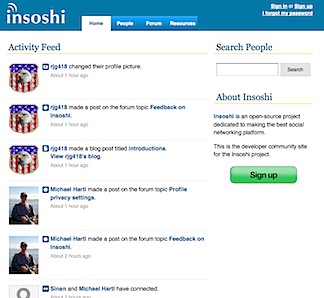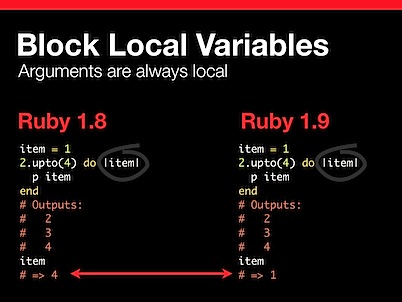
Passenger (often known as “mod_rails“) is an Apache module developed by Phusion, a small Dutch IT consultancy, that makes it easy to deploy Rails applications on Apache-based stacks. Passenger follows on well from the popular “No True mod_ruby Is Damaging Ruby’s Viability on the Web” discussion of January 2008 in that it mostly solves the Rails deployment issue (see SwitchPipe for an alternative that can deal with non-Rails frameworks).
Since its launch in April, Passenger has become quite popular and a lot of developers are already using it to rapidly deploy Rails sites. Even popular budget Web hosting company Dreamhost has got in on the action, offering affordable, Passenger-based Rails application hosting. Read More








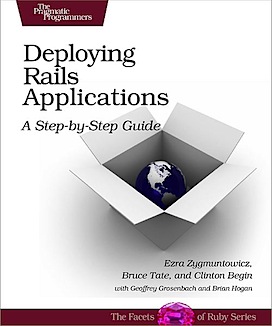
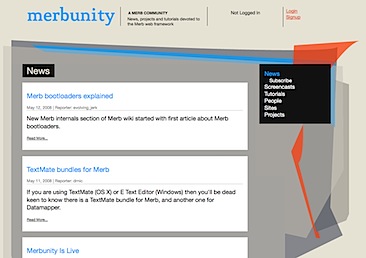
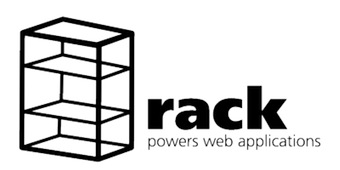 Most Ruby developers should be familiar with
Most Ruby developers should be familiar with 